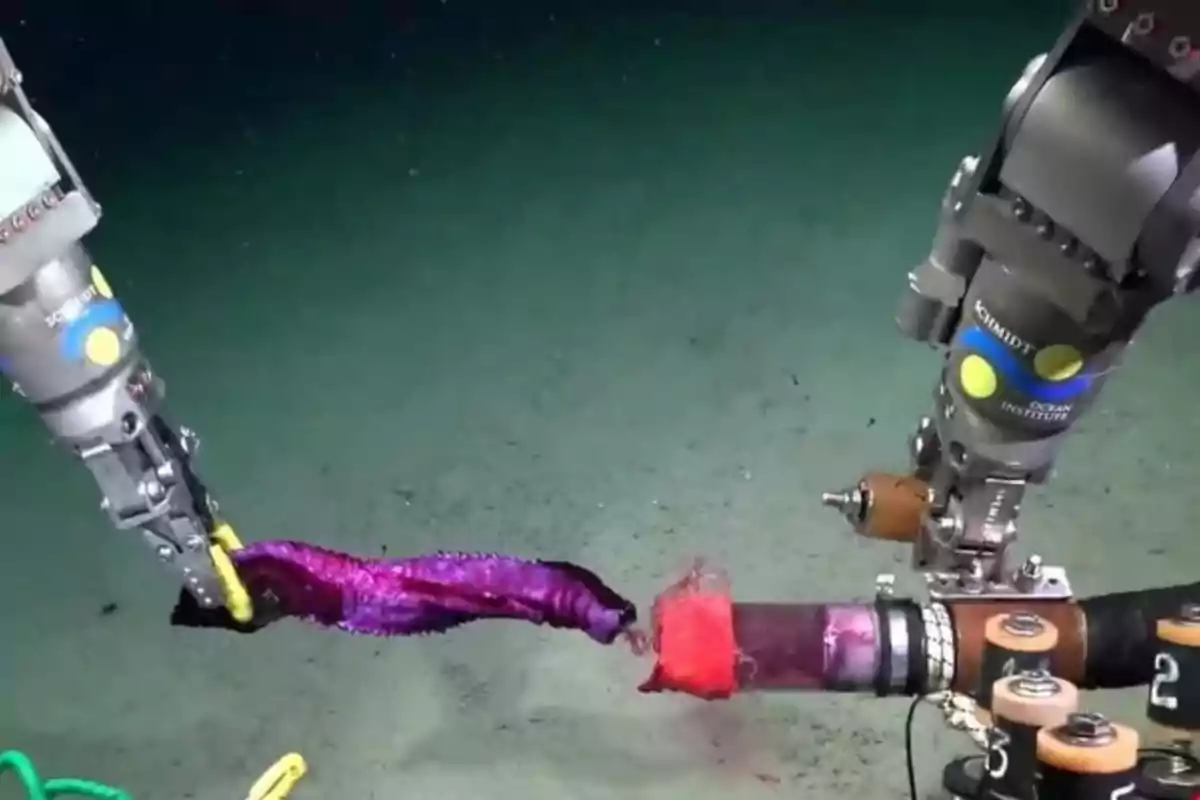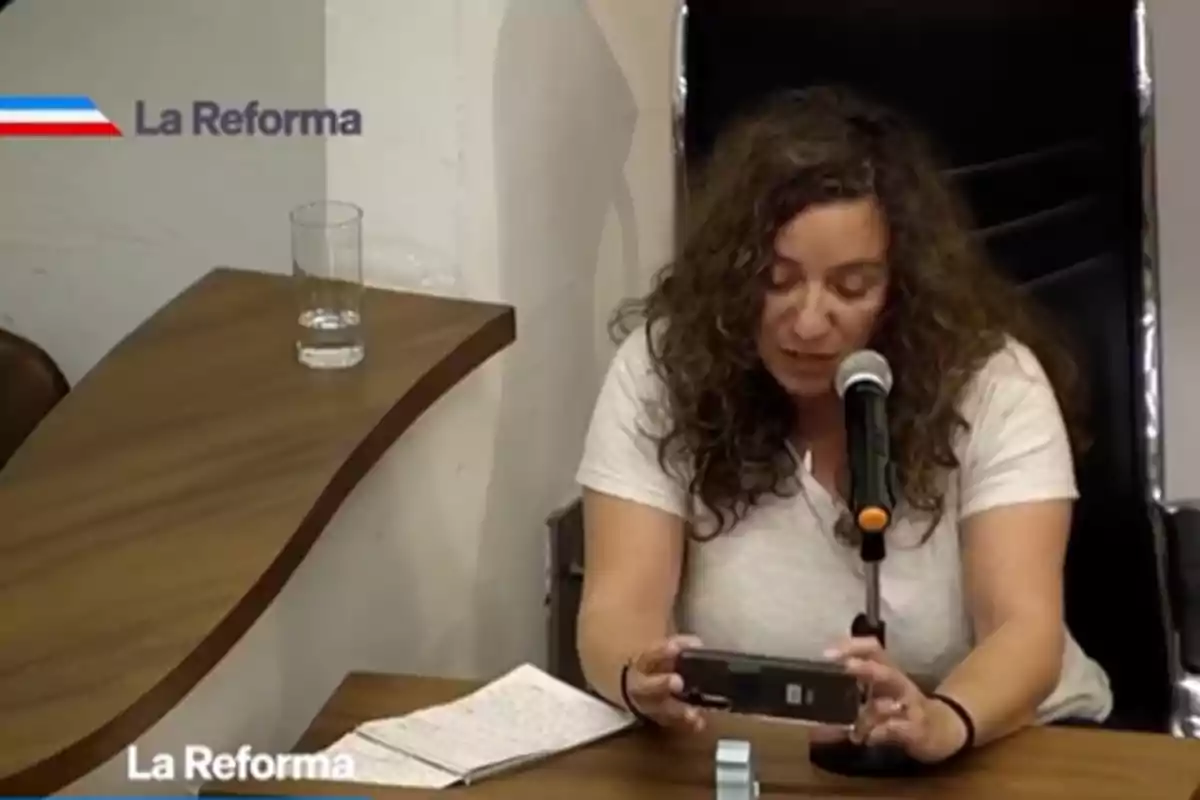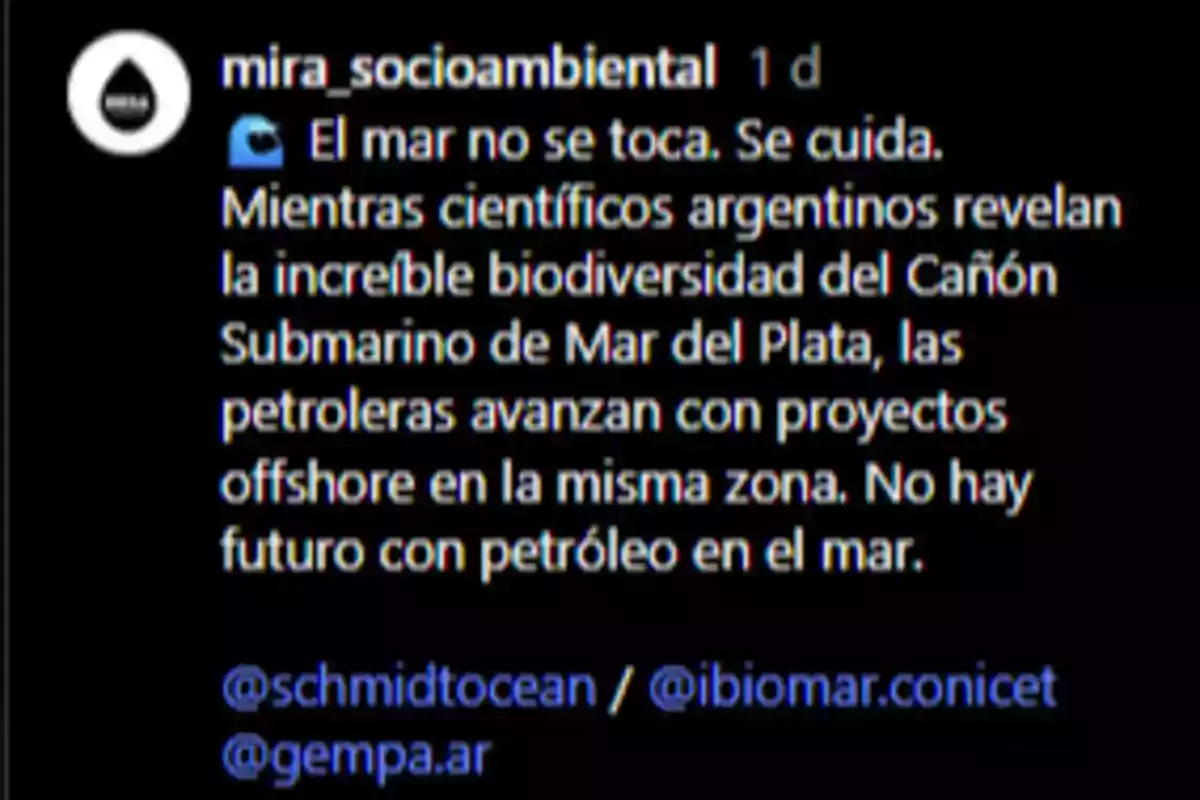
Santa Fe: they want to stop the dredging of the Paraná to protect CONICET's 'batatitas'
While the country needs infrastructure to export more and grow, progressive sectors are promoting an environmental agenda
Amid the debate over constitutional reform inSanta Fe and the promotion of energy and logistics development projects in Argentina, progressive social and environmental organizations have redoubled their efforts to establish an agenda called "ecosocial", which seeks to incorporate into the new provincial Constitution a series of principles oriented toward radical environmentalism.
During a public intervention, progressive activist Ana María Laurino stated: "We want a constitution that promotes sustainability and collective care from an eco-social justice perspective", and called to "redefine the habitability of territories and foster the integration of communities in harmony with nature".
Laurino's speech falls within an extreme environmentalist rhetoric that portrays allproductive activityas part of an alleged "civilizational-scale ecological crisis", attributed to the advance of "extractivism" and "extreme environmental degradation".

In her intervention, the activist asserted that the province of Santa Fe has "the historic responsibility to build a constitution that reaffirms the horizon of social, environmental, ethnic, gender, economic, and cultural justice", an ambitious formulation that seems to bring together all contemporary ideological slogans.
In closing, she argued that nature must be considered a subject of rights, including "water, land, and wetlands", in a proposal that dilutes the strategic priorities of national development in a discourse loaded with symbolic slogans.
Meanwhile, the deployment of the scientific mission "Talud Continental IV", an expedition in the South Atlantic promoted by the CONICET in collaboration with the Schmidt Ocean Institute, based in California, UnitedStates, went viral on social networks and media outlets aligned with environmentalism.
The initiative was celebrated by various actors in the environmentalist field, who used it as a platform to promote messages against oil exploration in deep waters, one of the central bets of the Argentine State to diversify its energy matrix and strengthen its sovereignty over natural resources.
La Derecha Diario warned that behind the media operation surrounding the scientific expedition there are foreign interests seeking to discourage offshore development in the country. This was confirmed after a social media post by the NGO "Mirá Socioambiental", which actively participates in the CONICET mission.

In a post on Instagram, the organization stated: "The sea is not to be touched. It is to be cared for. While Argentine scientists reveal the unbelievable biodiversity of the Mar del Plata Submarine Canyon, oil companies are moving forward with offshore projects in the same area. There is no future with oil in the sea".
The message reveals the political nature of a segment of Argentine environmentalism, which finds support and institutional legitimacy in state agencies such as CONICET, while articulating positions that clash with the country's strategic objectives in energy matters.
In this context, opposition to the dredging of the Paraná River is also added, a key project to improve the navigability and competitiveness of Argentine foreign trade. Sectors of environmentalism have expressed their opposition in the name of preserving river ecosystems, prioritizing what they call "common goods" over national productive or logistical interests.
The growing influence of NGOs and organizations that promote international agendas, often financed from abroad, is becoming an increasingly relevant actor in the country's political and discursive scene, especially on issues related to the use of natural resources, land management, and energy production.
More posts: